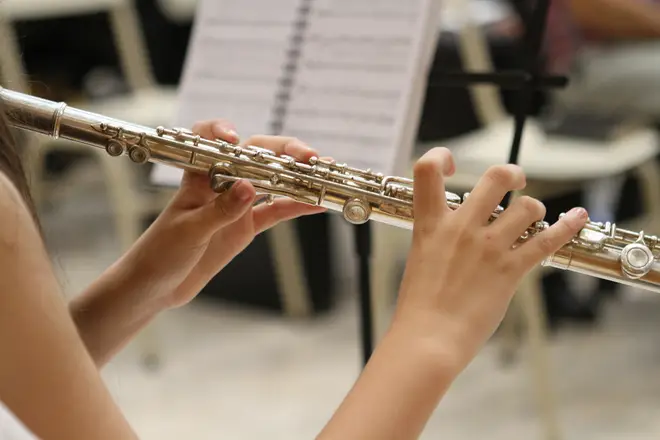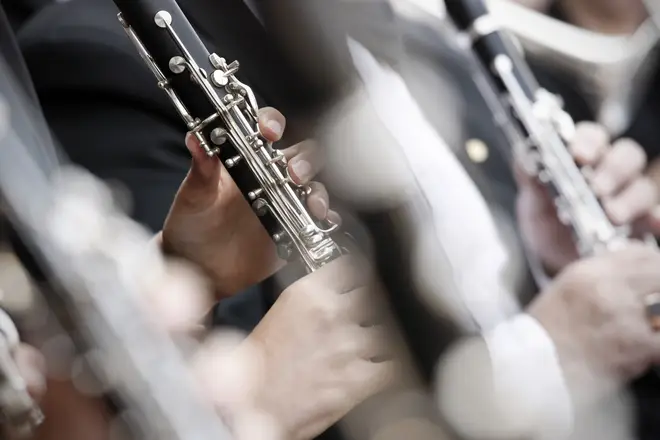Brass and wind musicians are 16 per cent more likely to suffer respiratory illness, study finds
5 December 2019, 17:23

Surprising new research reveals brass and woodwind players are at greater risk of developing a respiratory illness, because of bacteria build-up within their instruments.
It’s bad news for flautists, trumpeters et al, as a new study has found wind and brass players are 16 per cent more at risk of developing a respiratory illness.
The increased risk, according to University of Nottingham scientists, is due to bacteria build-up within the instruments.
Moisture from breath and saliva, which get trapped inside the instrument, create the right conditions for bacteria and fungi to grow.
These are passed on to the musician, or any player sharing the instrument, the next time they pick it up.
The solution, scientists advise, is for instruments to be cleaned more regularly.
Read more: Classical music isn’t doing enough to support musicians’ mental health >

The study, which was carried out on the university’s student orchestra, found more than half of wind players do not clean their instrument after every use.
More than half (58 per cent) have never been taught how to clean them properly, while 61 per cent of wind or brass musicians are unaware that they might be at higher risk of developing a chest infection like bronchitis.
Read more: Musicians are twice as likely to get tinnitus, new study reveals >
Holly Drover, a physiotherapist at Nottingham University Hospitals, presented her research at British Thoracic Society’ (BTS) Winter Meeting on Thursday 5 December 2019. Drover, 21, is a keen flautist, and passed her Grade 8 flute exam a few years ago.
“There is quite a bit of evidence on the presence of bacteria and fungi within wind instruments, but there has been very little research on whether these bacteria are linked to a greater level of chest infections among musicians,” she said.
“As a flute player myself, I felt it was important to see if there was any possible relationship. So, I approached the university orchestra and we surveyed all the musicians who auditioned.”

Among wind musicians, the results found a total of 62 chest infections per 1,000 players. This compares to 49-54 infections per 1,000 among the general population.
Brass and reed instruments like trombones and oboes, Ms Drover says, can be trickier to clean. Damp reeds need to be dried out as much as possible before being put away, while brass instruments should be bathed – but not so often that the instrument is damaged.
However, she says, she “really doesn’t want to put people off playing wind instruments”.
“It’s such a great hobby and we know it’s got benefits for lung volume and cognition.
“But people need to clean their instruments properly after each time and not just give it a quick wipe. It needs to be thorough.”


































